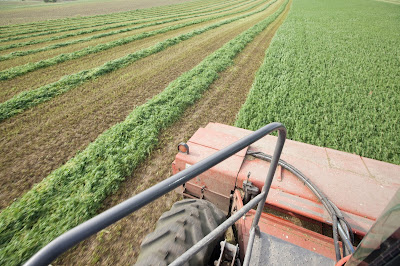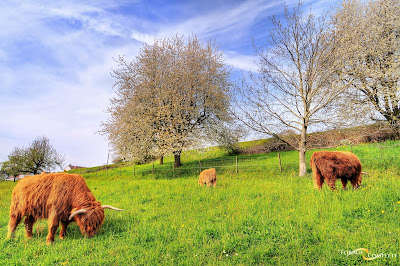How Cover Crops and Cover Crop Seed Help Farmers

Cover crops—also known as green manure—can be one of a farmer’s very best friends. Not only is it easy to plant and care for cover crop seed , cover crops can: · Improve the soil in which they are grown · Prevent weeds from overrunning the land · Help prevent the spread of various diseases and pests · Allow other crops to grow and flourish Regardless of the size of a particular farming operation, these crops can help any other vegetables that farmers might produce. This article will go over the benefits of planting cover crops seed. After that, we will look at a few examples of good, easy-to-grow cover crops. Benefits of Cover Crops As mentioned above, planting the seeds of cover crop can have help farmland in a variety of ways. These include: Conserving Water and Soil The mulch from cover crops allows more water to permeate the soil in which it grows. It also reduces the amount of water that evaporates from the soil’s surface as wel...





